REGULATE
Supporting Children's Emotions
Preschoolers are still developing the skills needed to express and work through strong emotions
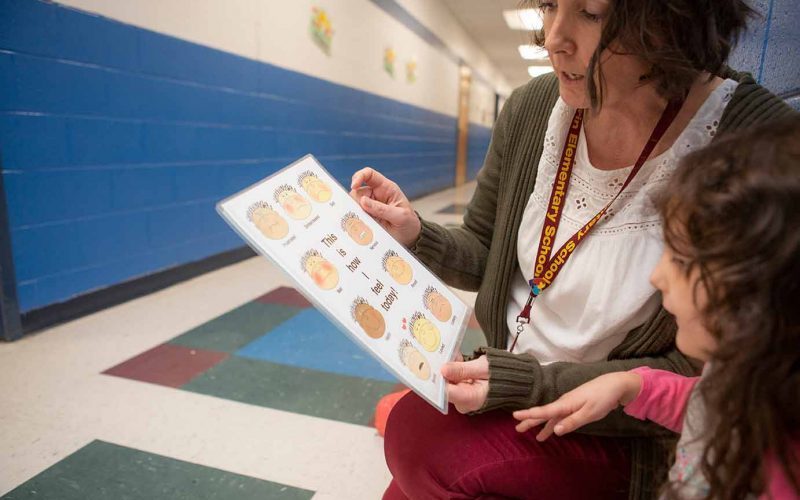
At a Glance
Feelings like anger, frustration, and sadness are a normal part of life. As we get older, we develop skills to regulate these emotions–in other words, we learn to bring our emotions back in check. Sometimes, adults misinterpret children’s emotional expressions as purposeful “acting out.” Instead, children are expressing their feelings the only way they know how. They need your help to manage their emotions so that they can get the most of their time in the classroom.
What It Looks Like
A quick glance at how you can help preschoolers handle strong emotions and provide support in the moment
Acknowledge Strong Emotions
Label, acknowledge, and accept examples of strong emotions (frustration, anger, etc.) with children. This lets them know that, at times, everyone may feel this way, and that these feelings can be managed.
Talk About Emotions
Talk about all kinds of feelings (mad, happy, sad, etc.) to let children know that these feelings are normal. This supportive foundation helps children to be better prepared to handle strong emotions when they’re feeling them.
Practice Calm-Down Strategies
Practice calm-down techniques with children before they’re experiencing strong emotions. This can help children manage feelings when they happen in the moment and respond to situations in appropriate ways.
STRATEGIES THAT WORK
Working Through Emotions
Young children are still beginning to understand, express, and regulate their emotions in appropriate ways. With these effective strategies, you can support children to build up their toolbox for handling big feelings and challenging situations.
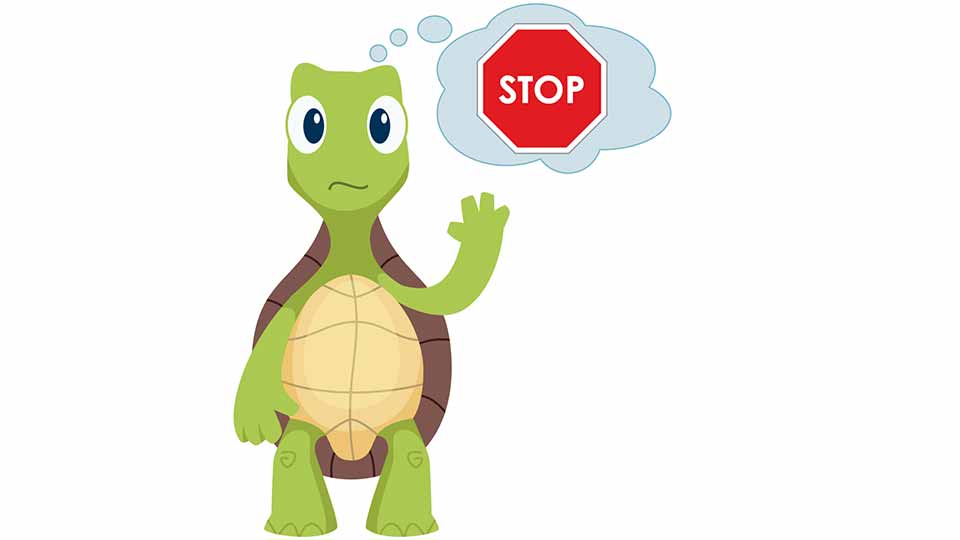

TRAUMA-INFORMED CARE
A Child's Perspective of Trauma
Responses to trauma look different at every stage of development. When children experience trauma at home, big unresolved feelings may find their way into the classroom. Learn how Sesame Street Communities is tackling this sensitive topic and what you can do to support these vulnerable learners.
This video contains sensitive materials and is intended for adult use only.
FAMILY CONNECTIONS
Tools to Talk About Emotions
Young children deal with many of the same emotions that adults do. This handout from CSEFEL provides caregivers with simple strategies to help children express and manage those emotions.
SUPPORTING CHILDREN'S EMOTIONS
Using Social Stories
Useful for all but especially helpful for children with disabilities and dual language learners, this resource from the Head Start Center for Inclusion provides simple social stories to help children manage emotions and social situations.
BUILDING CONNECTIONS WITH BOOKS
Sometimes I'm Bombaloo
Written by Rachel Vail and illustrated by Yumi Heo, this story follows Katie as she experiences a variety of emotions from happy to “bombaloo” (very angry/upset) to calm and ready to play again. Strong emotions are a normal part of life. Stories like this create a space for labeling, accepting, and understanding that everyone feels strong emotions sometimes.
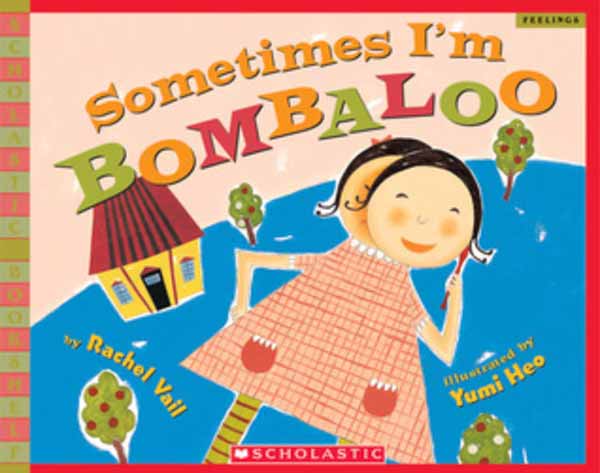
Activity Cards for Preschool Classrooms
Part of the STREAMin3 curriculum, activity cards provide simple ways you can help children practice calm-down strategies
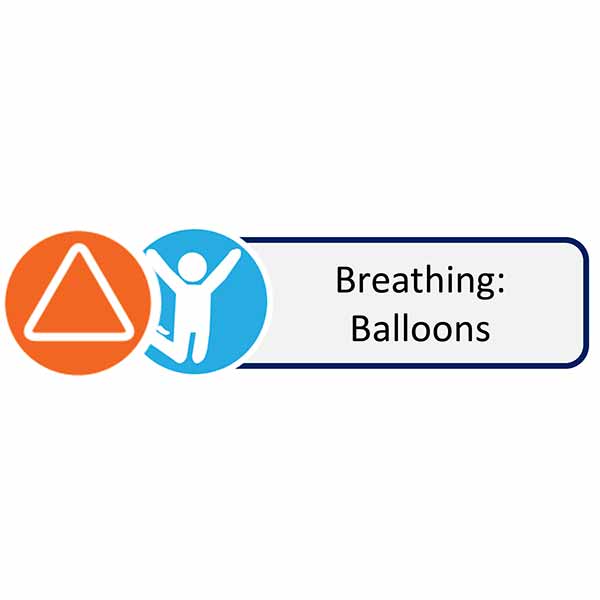
Breathing: Balloons
Breathing exercises help children calm down and become aware of their bodies.
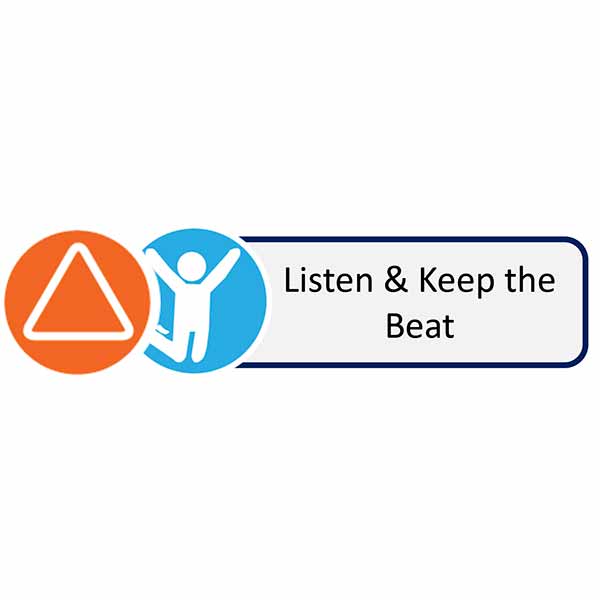
Listen & Keep the Beat
Steady beat can be a great tool for building focus, attention, and emotion regulation.
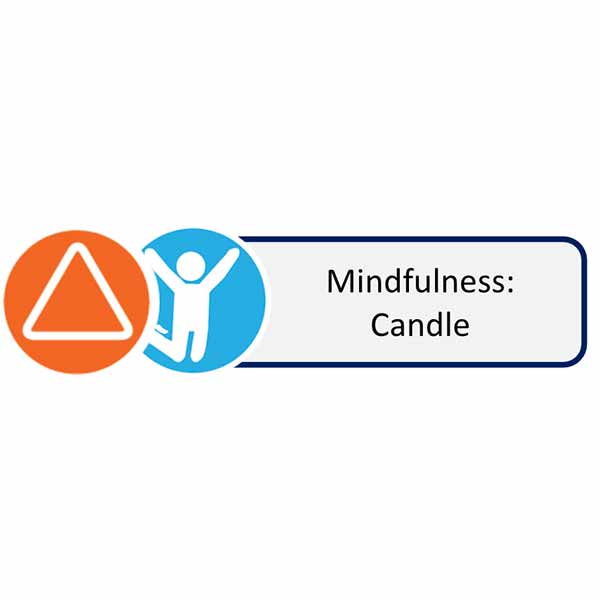
Mindfulness: Candle
This practice increases patience, feelings of calmness, and limits emotional reactivity.
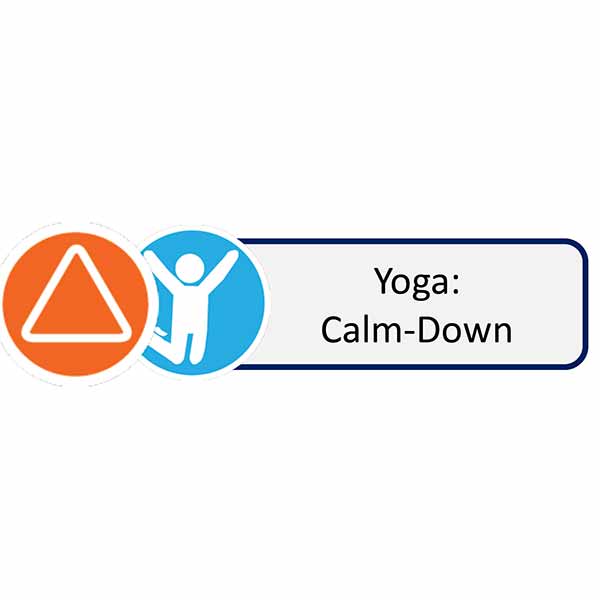
Yoga: Calm-Down
Moving through yoga poses is a technique for strengthening and calming bodies and minds.
Get Our Resource Guide
Includes questions and activities to guide your use of the videos, book suggestions, and activity cards featured for each of the Core Skills